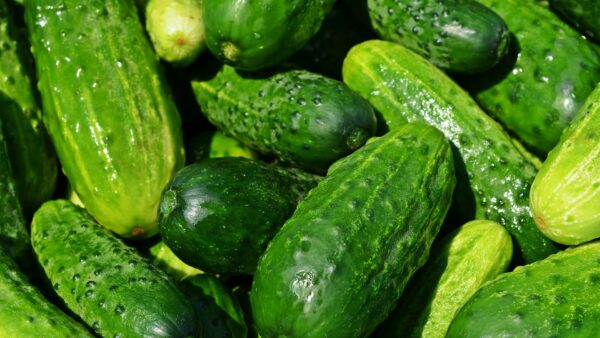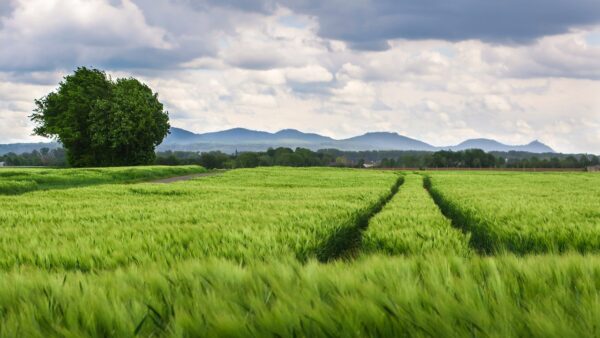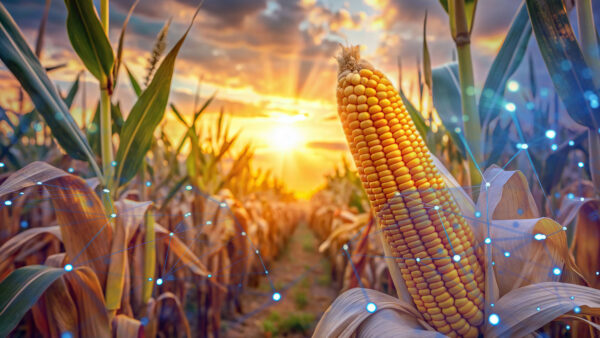Rising prices may have you wanting to stockpile on chemicals, but experts say it won’t help in the long run.
Supply chain issues and inflationary pressure have costs are on the rise for chemicals this spraying season. And while you may be tempted to stockpile, worried that costs will keep climbing, experts are cautioning against filling up the shed.
“We don’t actually know that prices are going to continue going up forever. And when prices do peak, I would be concerned that farmers are holding chemistry that is higher than the price of the production or the price that the commodities are selling for,” says Michelle Klieger, the president and founder of Stratagerm Consulting, on the July 13 episode of Seed Speaks.
She adds inflation is a self-fulfilling prophecy. When people panic buy thinking prices will go up, prices go higher, and product shortages start happening.
Chemical costs have been on the rise though, and Logan Romines points out this has been in part due to the supply chain crunch affecting all industries. Across the board costs are increasing for the parts needed to make products.
“There’s various innards that go in these products that we’re competing with other industries for, paint, plastics, what have you. A lot of the innards that go into those products are similar innards that go into chemical products that a grower may use on his or her field,” Romines, Syngenta’s product lead for fungicides, explains during the episode.
Before buying any chemicals, farmers should sit down and figure out the total production costs from field to market, he adds. Commodity prices spiked in 2021 and have held on so far in 2022, which is helping to make the equation profitable.
“When input costs are increasing, the best thing a grower can do historically has been to grow more bushels on that acre. They’ve got a bushel their way out of increase input costs, particularly with the fungicide. If we can make that math equation work, we’re actually able to lower our overall cost of production on that acre by growing more bushels,” Romines says.
Klieger adds producers are resourceful and will find ways to reduce their demand for chemicals. She says farmers should take lessons from this year, such as how they innovated, what changes they make, which treatments worked for them, and remember them moving forward.
“It’s hard to make behavioral changes, it’s hard to try new things, when everything is moving at status quo because we’re comfortable,” Klieger explains. “Being aware that it’s not always going to be like this, we do have really short memories about when prices were other than what they are today.”
Related Articles
A Generation Turnover is Happening – Are You Investing in Your Young Leaders?
It’s Not Business, it’s Personal: Why Relationships Matter at Work
3 Ways to Boost Productivity: Communicate, Prepare and Establish Trust










